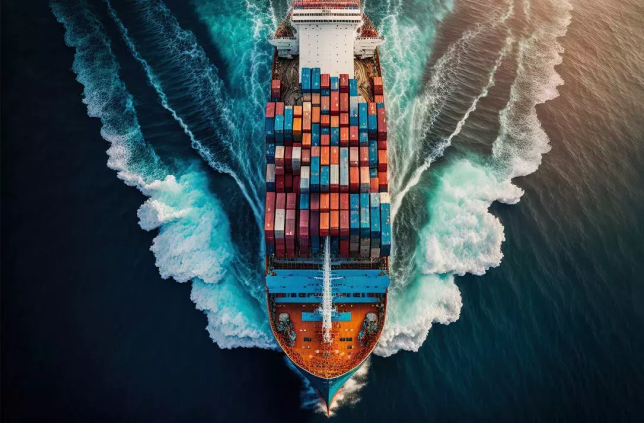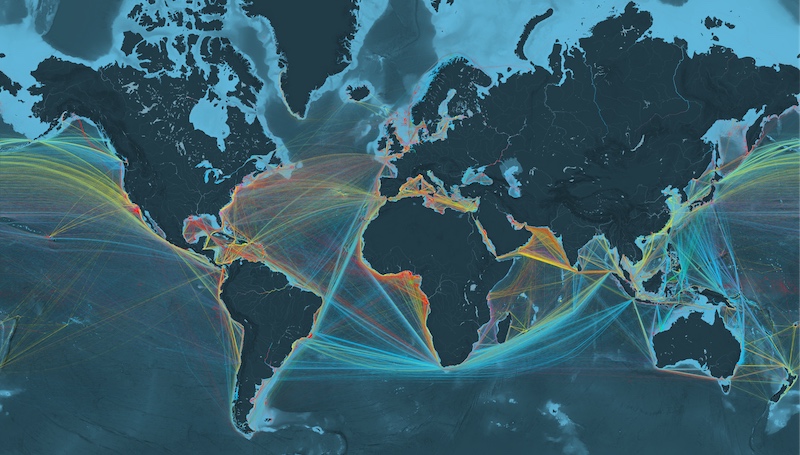What is a container shipping line?
Container shipping lines are critical players in the global trade ecosystem, facilitating the transportation of goods through standardized containers. They provide efficient and reliable transportation services, connecting markets across the world and enabling the exchange of goods on a large scale. The use of container ships and standardized containers has revolutionized the shipping industry, making international trade more accessible, cost-effective, and efficient. Container shipping lines are indispensable for supporting supply chains and contributing to the growth of the global economy.
A corporation that specialized in moving cargo across sea routes in standardized shipping containers is known as a container shipping line. These shipping companies facilitate international trade by offering dependable and effective transportation services for a variety of items. For an understanding of the dynamics of global trade and the transportation of commodities, a basic understanding of container shipping lines is required.
Container shipping companies run a fleet of ships constructed exclusively to transport containers. These ships, sometimes known as container ships, are available in a range of sizes and carrying capabilities, from tiny feeder ships to extremely huge container ships that can transport thousands of containers. They have specialized equipment such cargo holds, cranes, and container stacking systems.
The packing of products into uniform containers at the place of origin, which might be a production facility, warehouse, or port, is the first step in the container shipping process. They are made to endure the rigors of transportation by sea, road, or rail and are available in common sizes, such as 20-foot and 40-foot containers. Following loading, the containers are branded and sealed to ensure the cargo’s security and traceability.
The containers are put onto container ships at the port of origin once they have been packed. The shipping companies have developed itineraries and routes that link several ports all over the world. When loading the containers into the ships, consideration is given to the destination, weight distribution, and suitability of the cargo.
The containers are removed from the ships and transported to the port terminal once they have arrived at the destination port. To facilitate a smooth transition, the container shipping companies frequently cooperate with and enter into agreements with terminal operators. The cargo owners or their authorized agents then take control of the containers after they have been cleared by customs and make arrangements for the commodities’ further transit or storage.
International trade benefits greatly from container transport lines. They primarily make it possible for the efficient movement of massive quantities of products. The shipping lines expedite the handling and transit procedures by employing standardized containers, which cuts down on manual work and lowers the possibility of product damage.Additionally, container shipping services provide affordable options by combining cargo from several.
By linking distant markets and allowing the movement of commodities across borders, container shipping lines also aid in the globalization of trade. By assuring the availability of goods from various areas and allowing producers, merchants, and consumers to access a wide selection of items, they play a crucial role in sustaining supply chains. Furthermore, container shipping lines offer flexibility in terms of modes of transportation because containers may easily switch between ships, trucks, and trains, providing multimodal transportation alternatives to satisfy certain logistical needs.





